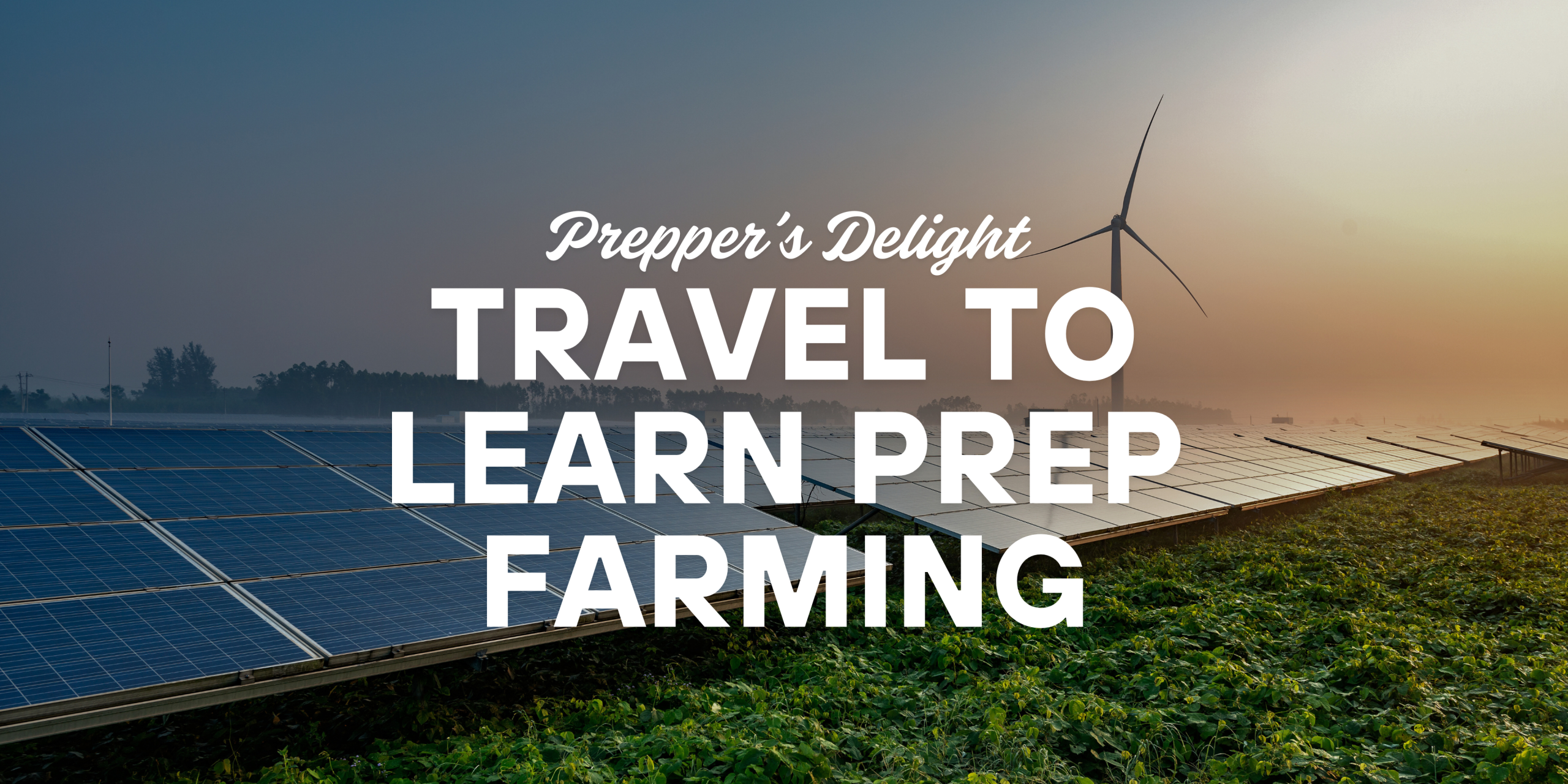When I first set out on the road, I didn’t know I’d end up with dirt under my nails and a head full of crop rotation strategies. I was chasing freedom, nature, and something real. What I found was farming—not the old-fashioned, wagon-wheel kind, but a modern version built on efficiency, science, and self-reliance.
I started this journey with a dream of learning to grow food. Not on some sprawling farm with tractors and hired hands, but on a small, manageable plot—just one acre. With today’s tools and techniques, one acre can do more than you’d expect. We’re talking petrochemical fertilizers, mechanized equipment, genetically modified seeds, and precision irrigation systems. It’s farming stripped down and optimized.
Compared to the old days—like 1700s New England, where a family farm might span 60 acres, most of it untouched woodland—modern farming feels like a cheat code. And if you don’t have a full acre? That’s okay too. I’ve stayed with growers who are making it work with less: backyard plots, community gardens, even container setups on balconies.
Farming isn’t a fantasy anymore. It’s a practical skill, and it’s incredibly flexible. I’ve learned that everything depends on location, soil quality, and how creative you’re willing to get. One acre in the Midwest? You’re golden. One acre in the mountains or a dry basin? You’ll need to work harder—or smarter.
There’s also the mental shift that comes with farming. People talk a lot about “prepping” these days, but for me, it’s not about stockpiling cans or digging bunkers. It’s about learning to live in a way that doesn’t fall apart when systems do. It’s about creating sustainability, not just surviving an emergency.
That means learning techniques like vertical gardening for space-saving, building low-tech greenhouses to extend the season, experimenting with aquaponics for fish and greens, and understanding how to balance soil health. Companion planting, crop rotation, composting—these aren’t just buzzwords. They’re lifelines.
I’m still traveling. I take seasonal jobs to support myself and work on farms in between. I’m usually the only woman, the only traveler, sometimes the only person with zero farming background. And yeah, people doubted me when I left college to follow this path. But I’ve learned more out here than I ever did in a classroom.
There’s a confidence that grows with every seed you plant and every meal you harvest yourself. Farming teaches patience, grit, and resilience—qualities I never knew I had. It also taught me how to find peace in the process, whether I’m building a compost bin, feeding chickens, or hauling buckets of water in the sun.
My dream is to eventually have a small farm of my own. Maybe grow microgreens indoors, maybe plant an orchard, maybe raise quail. I don’t know yet. Right now, I’m still moving, still learning, and still deeply in love with this life.
If you’re thinking of doing something similar—starting fresh, getting closer to the land—my advice is simple: go try it. Stay at a farm. Volunteer for a few weeks. Don’t worry if you don’t know everything. Nobody does.
All you need is curiosity, a willingness to work, and maybe a pair of boots you don’t mind ruining.
You’ll be amazed what one acre—and one determined traveler—can grow.
—
No name. Just another girl with a backpack and a shovel.


